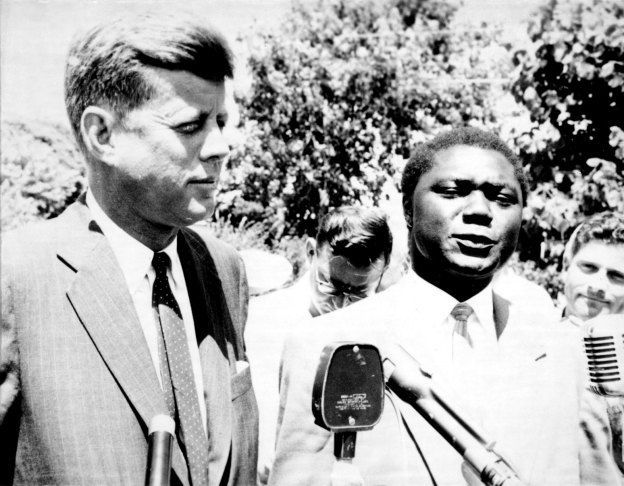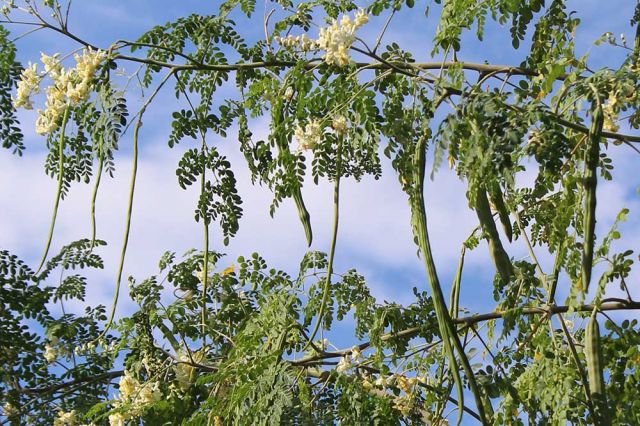
HISTORY
03-07-2021 di redazione

On 5 July 1969, Kenya tragically and violently lost one of the country's brightest and youngest political minds, a symbol of intertribalism and democratic ideas. Thomas Jospeh Odhiambo Mboya, better known as Tom Mboya, was not yet 40 years old and was already considered one of the country's most influential political leaders and a possible successor to the old "mzee" Jomo Kenyatta.
The Kenyan Kennedy, an ethnic Luo born near Nairobi and raised and educated in Catholic missionary schools in Kisumu, was elected Secretary General of the KFL, the first political organisation to be recognised by the British government, even though it was Labour-inspired, at only 23 years of age.
Unlike most of his colleagues, he opposed the policy of multi-racial political representation proposed by the British colonial government in the late 1950s and embraced the nationalist ideas of the Mau Mau movement. He went on to help shape Kenya's independence movement in the People's Convention Council and Party in Nairobi. In the decade that would lead Kenya to independence he spent a year at Oxford University and visited the United States twice. Thanks to his friendship with Martin Luther King and his meeting with John F. Kennedy, he helped found the African-American Student Foundation in 1959 to raise funds to send East African university students to the United States on charter flights, making study abroad possible for many other students, including Barack Obama's father.
Mboya was a founding member of the Kenya African National Union (KANU) in his thirties. He was Minister of Labour in the coalition government before Independence. In Jomo Kenyatta's first administration he was Minister of Justice and Constitutional Affairs, and from 1964 to his death he was Minister of Economic Planning and Development, laying the foundations for a turnaround in the country's economy, with policies oriented towards capitalism, diverging from his fellow countryman Oginga Odinga, who had more socialist ideas.
On the morning of 5 July 1969, he was shot dead by Nahashon Njoroge, an ethnic Kikuyu man who was later suspected of being the perpetrator of a politically motivated murder.
Because of this, and Kenyatta's lack of close investigation, Mboya's death shocked the nation and exacerbated tensions between the ruling Kikuyu and the Luo. Kenya had lost its innocence; nothing would ever be the same again.
Translated with www.DeepL.com/Translator (free version)
PLANTS OF KENYA
di redazione

Moringa: the tree of life, the miracle tree or even the immortal plant.
It is a member of the Moringaceae family, of which at least 13 species are known, ranging from...

With tourism reopening with fewer and fewer restrictions, direct charter flights have also started up again since last August, and European tourism is ready to resume the holiday discourse that was abruptly interrupted in February 2020.
In inviting you to...